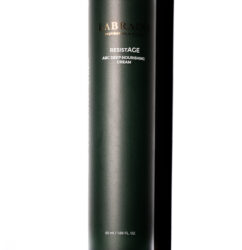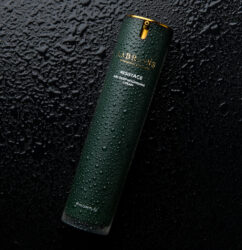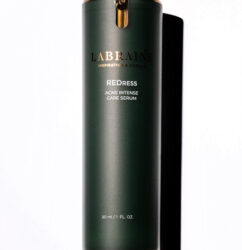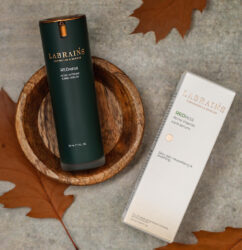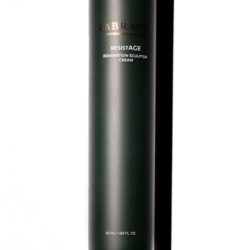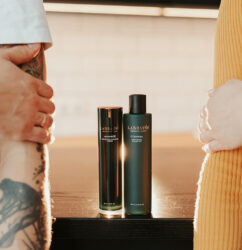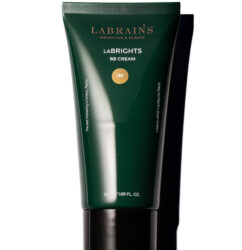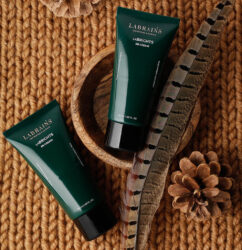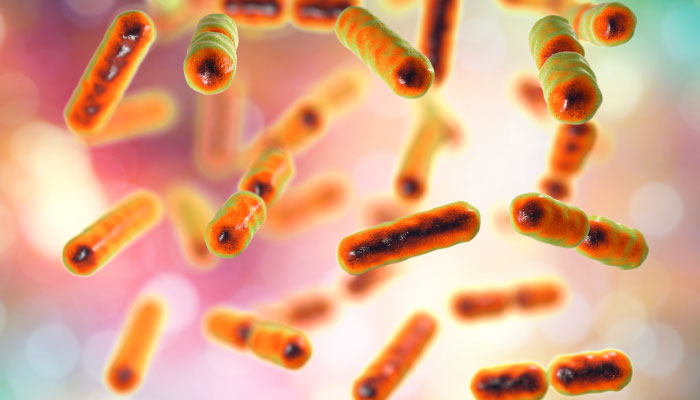We each have a unique skin microbiome that plays a huge role in the immune processes of the skin. The more diverse and richer the microbiome – bacteria, fungi and viruses that live on the surface of the skin, – the healthier it is. The cause of various skin problems is not microorganisms, but the imbalance of their diversity – “bad” and “useful” bacteria. In addition, the intestinal microbiome also plays an important role in skin health.
An imbalance occurs when the skin microbiome weakens and is no longer able to fight “bad” bacteria. This can happen if we are exposed to various internal and external stressors.
Skin microbiome may be adversely affected by:
- excessive washing of the skin
- use of alkaline soaps with high pH (above 7)
- long-term use of antibacterial soaps and sanitisers*
- aggressive chemicals in cosmetics and household cleaners
*With the onset of the pandemic, we have started using a lot of hand sanitisers. Unfortunately, they break down the lipid barrier of the skin and kill all bacteria, both good and bad, which can cause a variety of infections. In addition, it can damage not only the skin of the hands, but also the nails. A person can develop, for instance, chronic eczema, which is difficult to cure.
We recommend using LABRAINS facial cleansing gel with sapropel as an alternative to soap for frequent hand washing. The gel quickly neutralises the pH level of the skin and strengthens its microbiome.
For those who like to rinse the facial skin with water, we recommend using LABRAINS micellar water after each wash in order to restore the pH level of the skin and improve its protective barrier.
Unhealthy diet – the enemy of microbiome
The appearance and health of the skin is also largely determined by the condition of our intestinal microbiome. Therefore, the diet we use, including medicines, is also important. For example, antibiotics, stomach acid-lowering drugs used to treat reflux diseases, cholesterol-lowering drugs, and statins used to treat cardiological disorders disrupt the microbial balance.
The good news is that the intestinal microflora is capable to adapt and change. Up to 20% of the intestinal microflora can change completely within one week. For instance, switching to diet, which contains high levels of sugar, a lot of bad fats and complex carbohydrates, will worsen the intestinal microflora and lower your immunity. As soon as you include more fibre, whole grains, sour milk, fermented products and probiotics in your diet, also your intestines will be able to function more normally. Therefore, we especially recommend thinking about the lifestyle and diet to those who have dry and sensitive skin, suffer from various skin allergies, atopic dermatitis, rosacea and other skin diseases. For example, rosacea does not like tomatoes, wine, cranberry juice, spicy foods or heating in the sauna.
Adhering to a healthy lifestyle – being physically active, spending more time in the fresh air, nature, choosing the right diet and also cosmetics that do not harm the skin – does not provoke inflammation, protects from the stress of daily rush, environmental pollution and other irritations – the skin will be beautiful, healthy and radiant.
